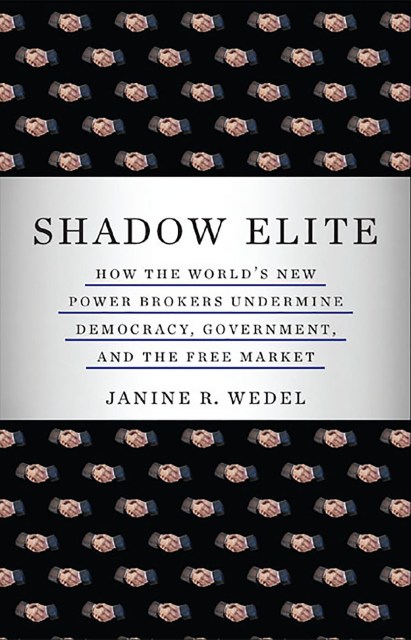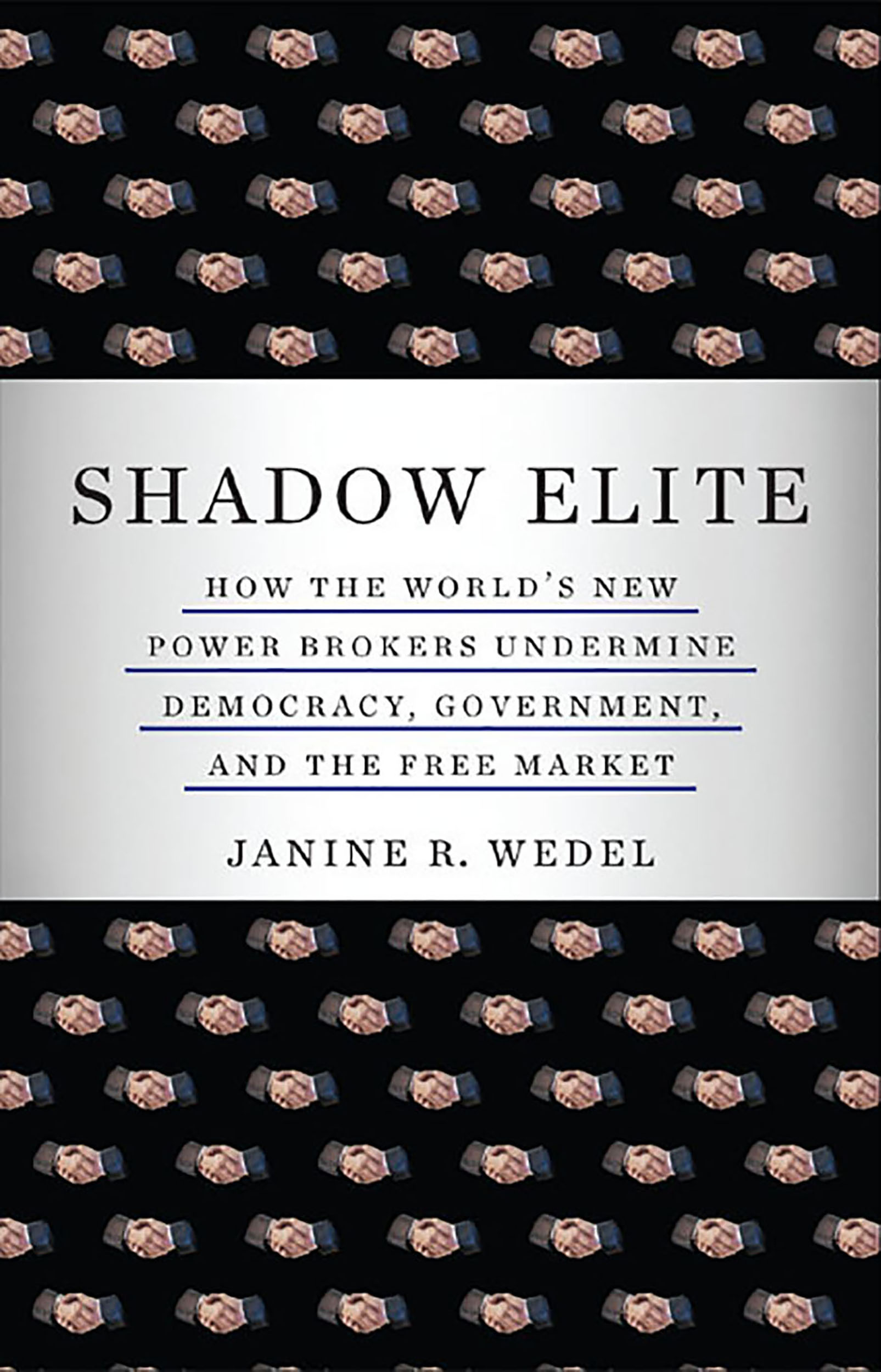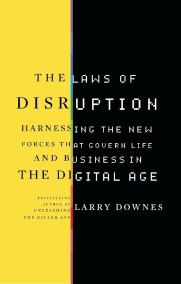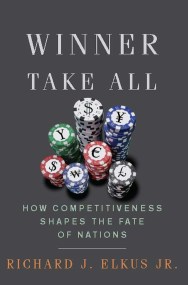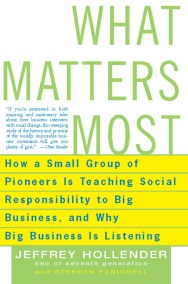By clicking “Accept,” you agree to the use of cookies and similar technologies on your device as set forth in our Cookie Policy and our Privacy Policy. Please note that certain cookies are essential for this website to function properly and do not require user consent to be deployed.
Shadow Elite
How the World's New Power Brokers Undermine Democracy, Government, and the Free Market
Contributors
Formats and Prices
- On Sale
- Nov 10, 2009
- Page Count
- 272 pages
- Publisher
- Basic Books
- ISBN-13
- 9780465020843
Price
$11.99Price
$15.99 CADFormat
Format:
- ebook $11.99 $15.99 CAD
- Trade Paperback $21.99 $28.99 CAD
This item is a preorder. Your payment method will be charged immediately, and the product is expected to ship on or around November 10, 2009. This date is subject to change due to shipping delays beyond our control.
Buy from Other Retailers:
In this groundbreaking book, Wedel charts how this shadow elite, loyal only to their own, challenge both governments’; rules of accountability and business codes of competition to accomplish their own goals. From the Harvard economists who helped privatize post-Soviet Russia and the neoconservatives who have helped privatize American foreign policy (culminating with the debacle that is Iraq) to the many private players who daily make public decisions without public input, these manipulators both grace the front pages and operate behind the scenes. Wherever they maneuver, they flout once-sacrosanct boundaries between state and private.
Profoundly original, Shadow Elite gives us the tools we need to recognize these powerful yet elusive players and comprehend the new system. Nothing less than our ability for self-government and our freedom are at stake.
Newsletter Signup
By clicking ‘Sign Up,’ I acknowledge that I have read and agree to Hachette Book Group’s Privacy Policy and Terms of Use
